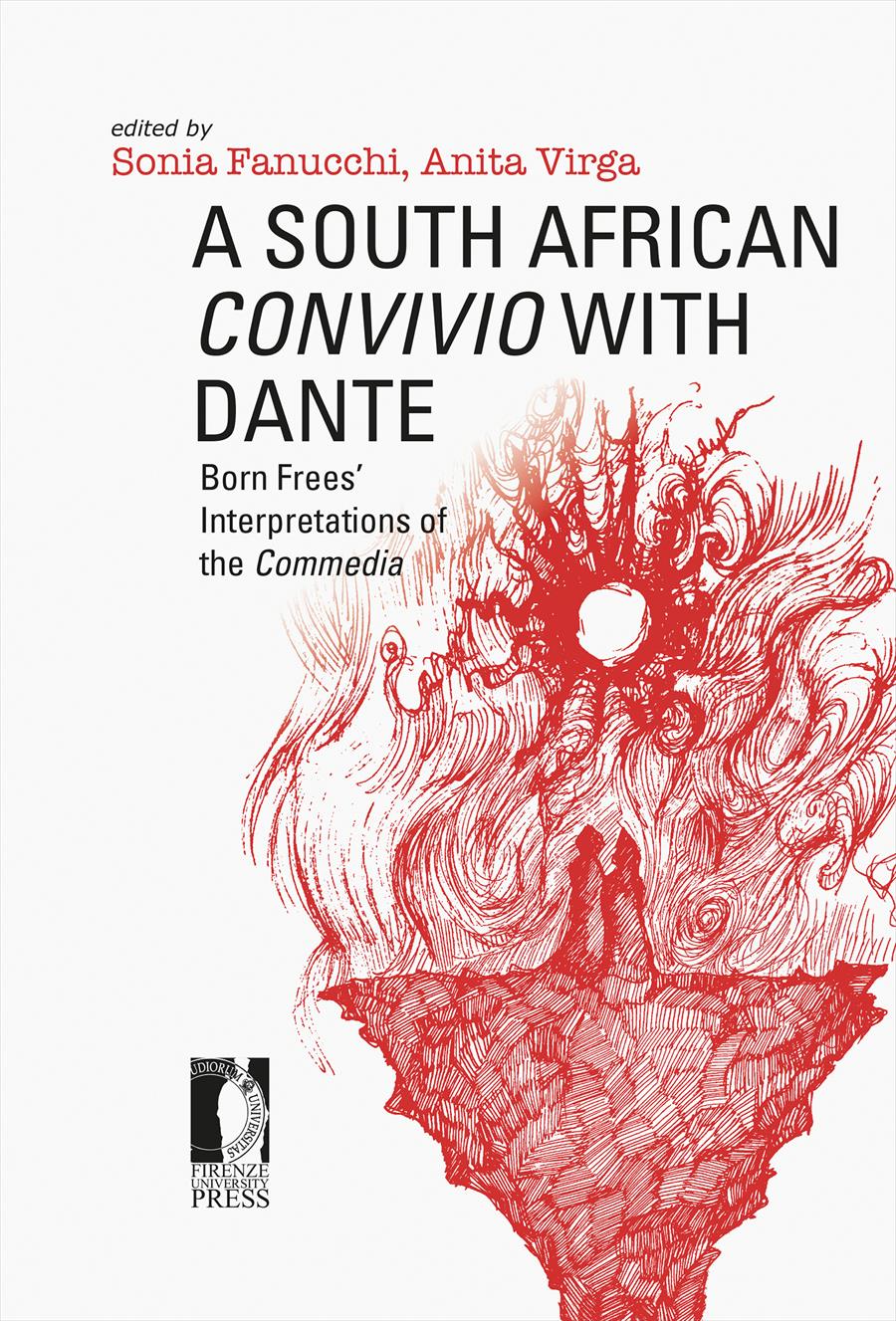- A South African Convivio with Dante
- A cura di Sonia Fanucchi, Anita Virga
Foreword
- Libby Meintjes
- © 2021 Author(s) |
- CC BY 4.0
- DOI:
This book signals to us that the postcolonial university is within our reach, that progress can be made in leaps and bounds. The book’s publication shows that the adoption of decolonising practices in teaching and learning and research places us at the threshold of the decolonial. The ambition of “developing a South African narrative around Dante—of determining in what sense Dante ‘speaks’ to us as South African readers and whether we might build a community of scholars, students and writers with this shared vision” demonstrates how academics and students can rise to the challenge of changing the university.
- Keywords:
- postcolonial university,
- writing back to Dante,
- teaching Dante in South Africa,
University of the Witwatersrand, South Africa - ORCID: 0000-0001-9094-4547
Informazioni sul capitolo
Titolo del capitolo
Foreword
Autori
Libby Meintjes
Opera sottoposta a peer review
Anno di pubblicazione
2021
Copyright
© 2021 Author(s)
Licenza d'uso
Licenza dei metadati
Informazioni bibliografiche
Titolo del libro
A South African Convivio with Dante
Sottotitolo del libro
Born Frees’ Interpretations of the Commedia
Curatori
Sonia Fanucchi, Anita Virga
Opera sottoposta a peer review
Numero di pagine
212
Anno di pubblicazione
2021
Copyright
© 2021 Author(s)
Licenza d'uso
Licenza dei metadati
Editore
Firenze University Press
DOI
10.36253/978-88-5518-458-8
ISBN Print
978-88-5518-457-1
eISBN (pdf)
978-88-5518-458-8
Collana
Studi e saggi
ISSN della collana
2704-6478
e-ISSN della collana
2704-5919
